Alexandra Cirone is an Assistant Professor of Government at Cornell University whose research interests center on historical political economy, democratization and party systems in new democracies, and multilevel governance in European politics. She is a co-organizer of the Historical Political Economy Working Group and part of the research project Bureaucrats and Group Identity in Local Politics, funded by the Norwegian Research Council. She holds a Ph.D. from Columbia University and an A.B. in Political Science from the University of Chicago. Professor Cirone was formerly a research fellow in the Government Department of the London School of Economics (LSE) and, prior to beginning her graduate studies, was the Research Manager for Harvard Kennedy School’s Evidence for Policy Design.
Event Overview
In this session, a panel of experts on politics and government at Cornell will join New York Times National Editor Marc Lacey to explore how polling is covered in the media along with the methods that journalists use to understand voter interest. They’ll also examine how we learn about voters and their decisions as well as how data drives election forecasts.
What You'll Learn
- The impact of media poll coverage on voters
- What polls say about Latinx voters
- How policies can affect voter turnout
- The impact of “fake news” on voters’ decision making
Speakers
Douglas Kriner is the Clinton Rossiter Professor in American Institutions in the Department of Government at Cornell University. His research and teaching interests focus on American political institutions and the separation of powers. He is the author of four books, including most recently “Investigating the President: Congressional Checks on Presidential Power” (with Eric Schickler) and “The Particularistic President: Executive Branch Politics and Political Inequality” (with Andrew Reeves). Professor Kriner’s current research focuses on the unilateral powers of the presidency and the informal political checks that guard against an imperial presidency.
Jamila Michener is an associate professor in the Department of Government in the College of Arts & Sciences and co-director of the Cornell Center for Health Equity. Her research focuses on poverty, racial inequality, and public policy in the United States. Professor Michener is on the Board of Trustees for the Center for Healthcare Strategies and is a member of the Community Advisory Board for the Rural Health Equity Training Collaborative at Cayuga Medical Center. Her recent book, “Fragmented Democracy: Medicaid, Federalism and Unequal Politics,” examines how Medicaid — the nation’s public health insurance program for people with low income — affects democratic citizenship. Unpacking the ways in which federalism transforms Medicaid beneficiaries’ interpretations of government and structures their participation in politics, “Fragmented Democracy” assesses American political life from the vantage point(s) of those living in or near poverty, (disproportionately) Black or Latino, and reliant on a federated government for vital resources.
Marc Lacey is the National Editor for the New York Times. Mr. Lacey has spent 20 years at The New York Times in roles including foreign correspondent, White House correspondent, and editor of the weekend news report. He was previously a reporter for the Los Angeles Times. In 2019, he served as a moderator for the fourth Democratic presidential primary debate. Mr. Lacey is the inaugural fellow in the Distinguished Visiting Journalist Program in the College of Arts and Sciences.
Peter K. Enns is a professor in the Department of Government and the Brooks School of Public Policy and Robert S. Harrison Director of the Cornell Center for Social Sciences at Cornell University. He is also co-founder and chief data scientist at Verasight. Professor Enns’ research and teaching focus on public opinion and political representation, mass incarceration and the legal system, and data science. He was Executive Director of the Roper Center for Public Opinion Research from 2015 to 2022.
Professor Enns has published three books — ”Hijacking the Agenda: Economic Power and Political Influence,” “Incarceration Nation: How the United States Became the Most Punitive Democracy in the World,” and “Who Gets Represented?” — as well as dozens of academic articles and op-eds. His research has been funded by the Economic and Social Research Council, FWD.us, Koch Foundation, National Science Foundation, Robert Wood Johnson Foundation, and Russell Sage Foundation. In 2017, Professor Enns received the Emerging Scholar Award from the Elections, Public Opinion, and Voting Behavior section of the American Political Science Association, presented to the top scholar in the field within ten years of their doctorate.
Sergio Garcia-Rios is a political scientist whose research centers around the idea that immigrants develop portfolios of identities which are fluid, situational, and used instrumentally. He also examines voter turnout, political participation, and public opinion, especially among Latino immigrants; he is director of polling for Univision. Professor Garcia-Rios teaches classes on immigration, race and ethnicity, Latino politics, and social science methodology.
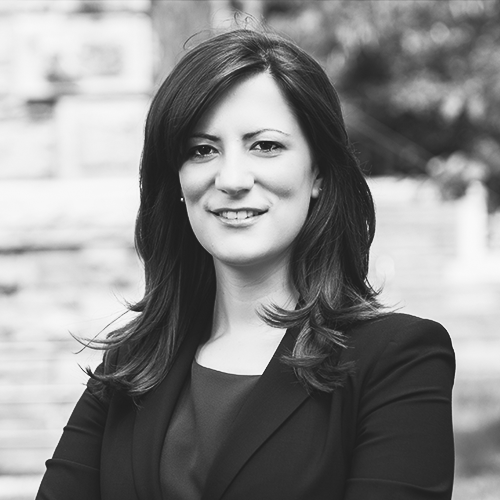
Alexandra Cirone is an Assistant Professor of Government at Cornell University whose research interests center on historical political economy, democratization and party systems in new democracies, and multilevel governance in European politics. She is a co-organizer of the Historical Political Economy Working Group and part of the research project Bureaucrats and Group Identity in Local Politics, funded by the Norwegian Research Council. She holds a Ph.D. from Columbia University and an A.B. in Political Science from the University of Chicago. Professor Cirone was formerly a research fellow in the Government Department of the London School of Economics (LSE) and, prior to beginning her graduate studies, was the Research Manager for Harvard Kennedy School’s Evidence for Policy Design.

Douglas Kriner is the Clinton Rossiter Professor in American Institutions in the Department of Government at Cornell University. His research and teaching interests focus on American political institutions and the separation of powers. He is the author of four books, including most recently “Investigating the President: Congressional Checks on Presidential Power” (with Eric Schickler) and “The Particularistic President: Executive Branch Politics and Political Inequality” (with Andrew Reeves). Professor Kriner’s current research focuses on the unilateral powers of the presidency and the informal political checks that guard against an imperial presidency.
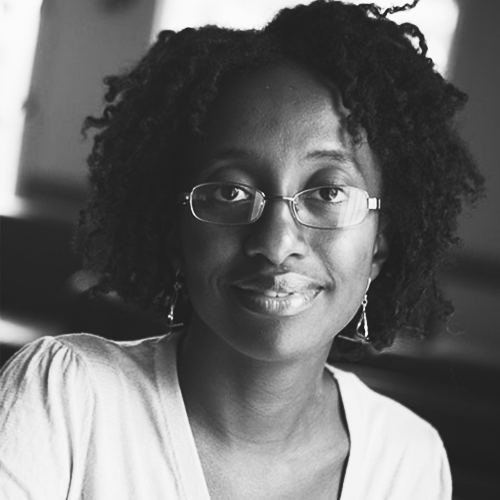
Jamila Michener is an associate professor in the Department of Government in the College of Arts & Sciences and co-director of the Cornell Center for Health Equity. Her research focuses on poverty, racial inequality, and public policy in the United States. Professor Michener is on the Board of Trustees for the Center for Healthcare Strategies and is a member of the Community Advisory Board for the Rural Health Equity Training Collaborative at Cayuga Medical Center. Her recent book, “Fragmented Democracy: Medicaid, Federalism and Unequal Politics,” examines how Medicaid — the nation’s public health insurance program for people with low income — affects democratic citizenship. Unpacking the ways in which federalism transforms Medicaid beneficiaries’ interpretations of government and structures their participation in politics, “Fragmented Democracy” assesses American political life from the vantage point(s) of those living in or near poverty, (disproportionately) Black or Latino, and reliant on a federated government for vital resources.
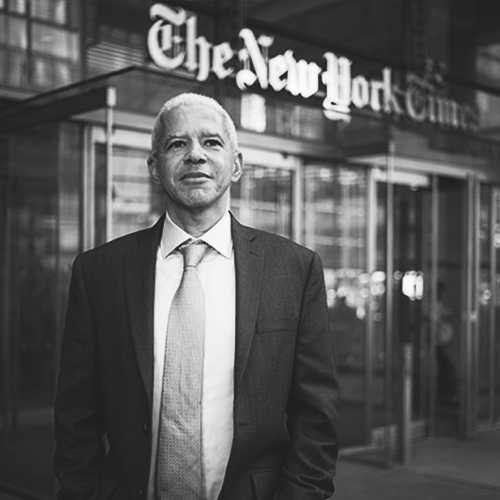
Marc Lacey is the National Editor for the New York Times. Mr. Lacey has spent 20 years at The New York Times in roles including foreign correspondent, White House correspondent, and editor of the weekend news report. He was previously a reporter for the Los Angeles Times. In 2019, he served as a moderator for the fourth Democratic presidential primary debate. Mr. Lacey is the inaugural fellow in the Distinguished Visiting Journalist Program in the College of Arts and Sciences.
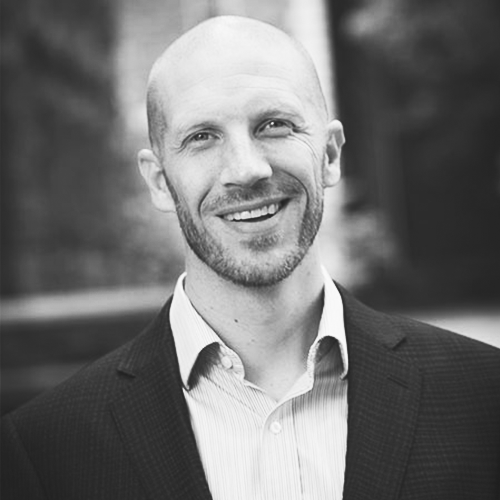
Peter K. Enns is a professor in the Department of Government and the Brooks School of Public Policy and Robert S. Harrison Director of the Cornell Center for Social Sciences at Cornell University. He is also co-founder and chief data scientist at Verasight. Professor Enns’ research and teaching focus on public opinion and political representation, mass incarceration and the legal system, and data science. He was Executive Director of the Roper Center for Public Opinion Research from 2015 to 2022.
Professor Enns has published three books — ”Hijacking the Agenda: Economic Power and Political Influence,” “Incarceration Nation: How the United States Became the Most Punitive Democracy in the World,” and “Who Gets Represented?” — as well as dozens of academic articles and op-eds. His research has been funded by the Economic and Social Research Council, FWD.us, Koch Foundation, National Science Foundation, Robert Wood Johnson Foundation, and Russell Sage Foundation. In 2017, Professor Enns received the Emerging Scholar Award from the Elections, Public Opinion, and Voting Behavior section of the American Political Science Association, presented to the top scholar in the field within ten years of their doctorate.
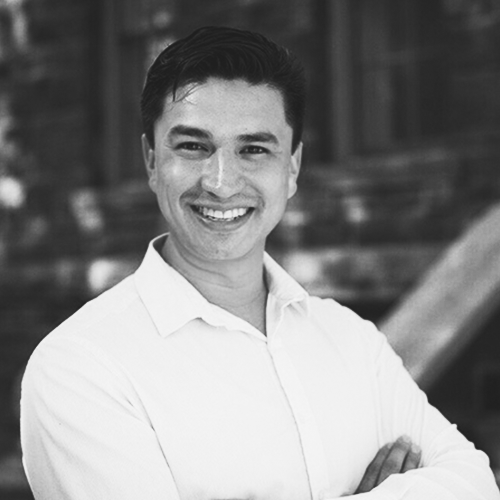
Sergio Garcia-Rios is a political scientist whose research centers around the idea that immigrants develop portfolios of identities which are fluid, situational, and used instrumentally. He also examines voter turnout, political participation, and public opinion, especially among Latino immigrants; he is director of polling for Univision. Professor Garcia-Rios teaches classes on immigration, race and ethnicity, Latino politics, and social science methodology.
- View slide #1
- View slide #2
- View slide #3
- View slide #4
- View slide #5
- View slide #6
View Keynote by completing the form below.
You're Registered!
